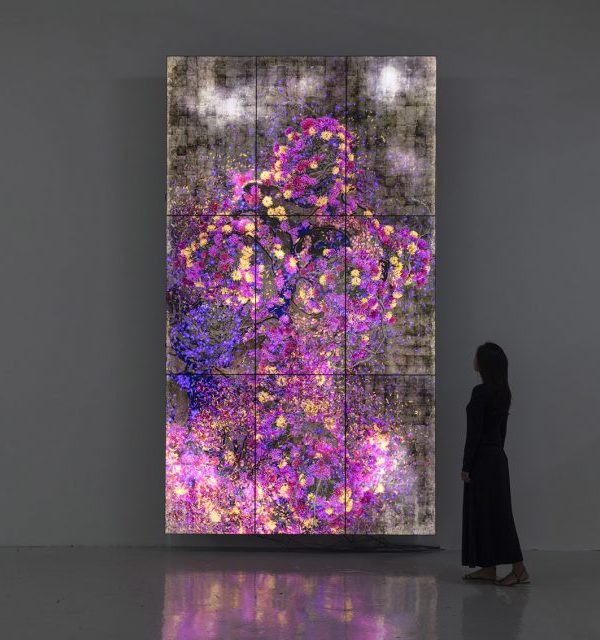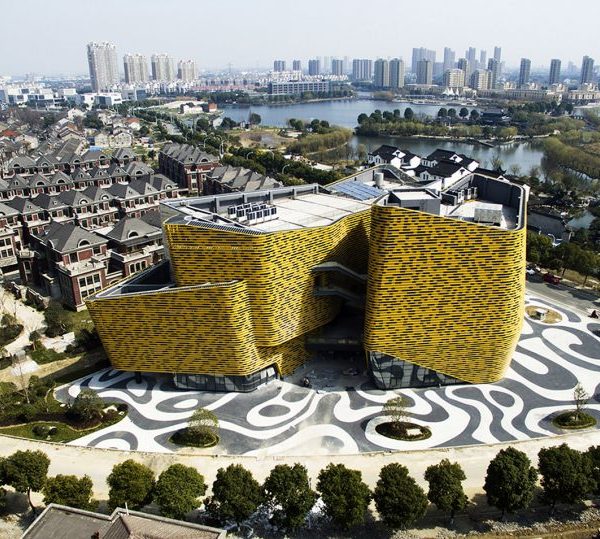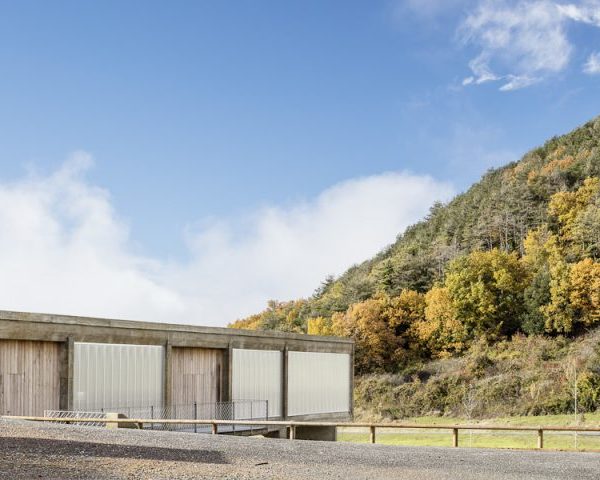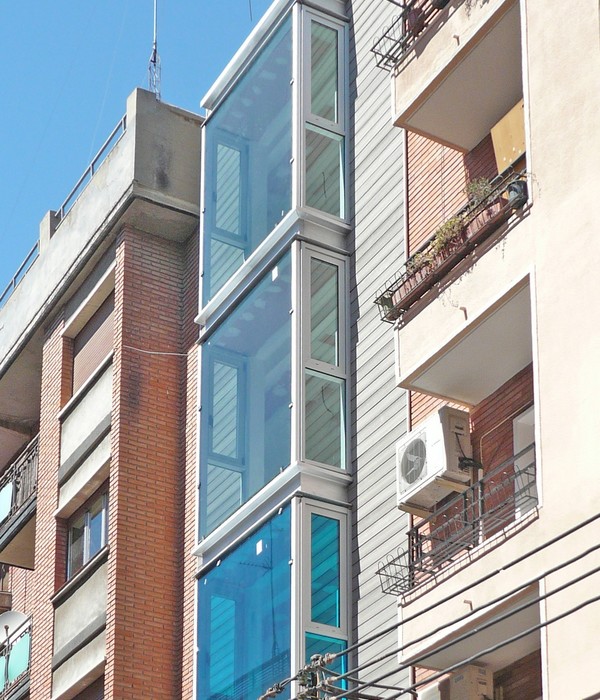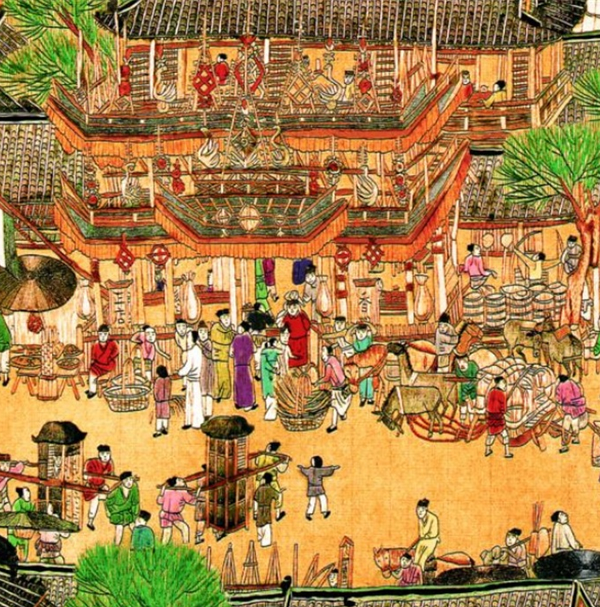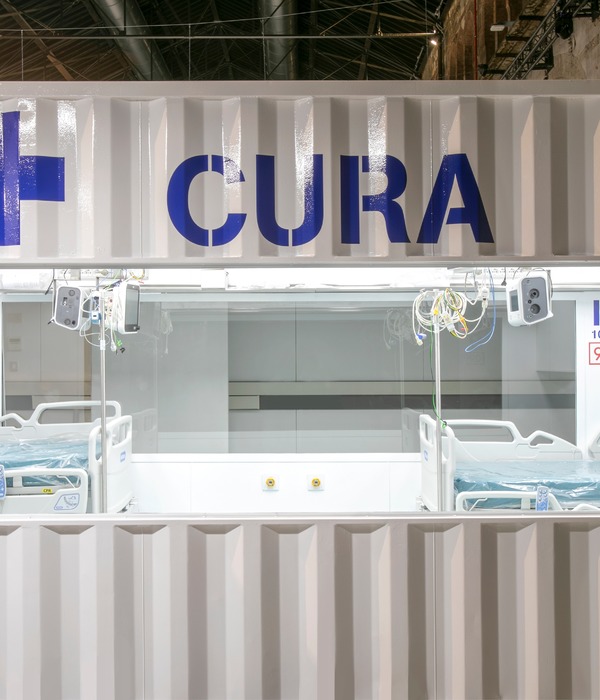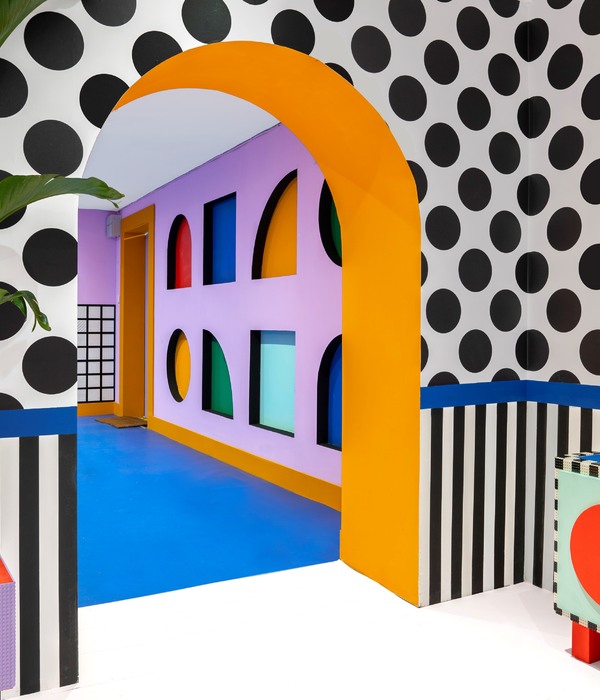The project is located in one of the Tehran's southern neighborhoods named Hamam-Chaal. The continuous walls are extended through the alley and houses with more than a hundred years old are behind them. The adjacency of this area with the bazaar resulted in changing in its use in the city's detailed plan, from residential to small commercial use.
Regarding the neighborhood's poverty and its involvement in poor neighborhoods' problems, this ”transition” has happened incorrectly. The first error is because of the houses that turned into retails with minimum changes in their entrance; so their new function became in conflict with their original design purpose. The historic site of Hamam-Chaal became abandoned and used as a motorcycle parking lot.
The second type of error is when larger commercial units with no scale harmony with their surroundings were built. The passage surrounding spaces will be used for the purposes of sales, exhibiting products, storage, and services. Here and there, there are sitting and talking places for the salesperson and the customers. From the stands nearby the walls to the shade of the willow tree, the interaction spaces are visible for the people in front of the store.
The Steel Form Showroom does not have a different formal approach than its context. It is a new member of the Hamam-Chaal alley that is connected to it recently. Instead of formal encounter with the project that separates it from its surroundings, the Steel Form project is kind to the context and can be seen as a part of it. Same as the traditional bazaars of Iran which have large stores beside the small ones and the vendors, in this project there are rooms with different sizes and custom-designed stands for displaying the products. That is because there are a variety of steel products with very different specifics from size and shape to weight to display.
{{item.text_origin}}

